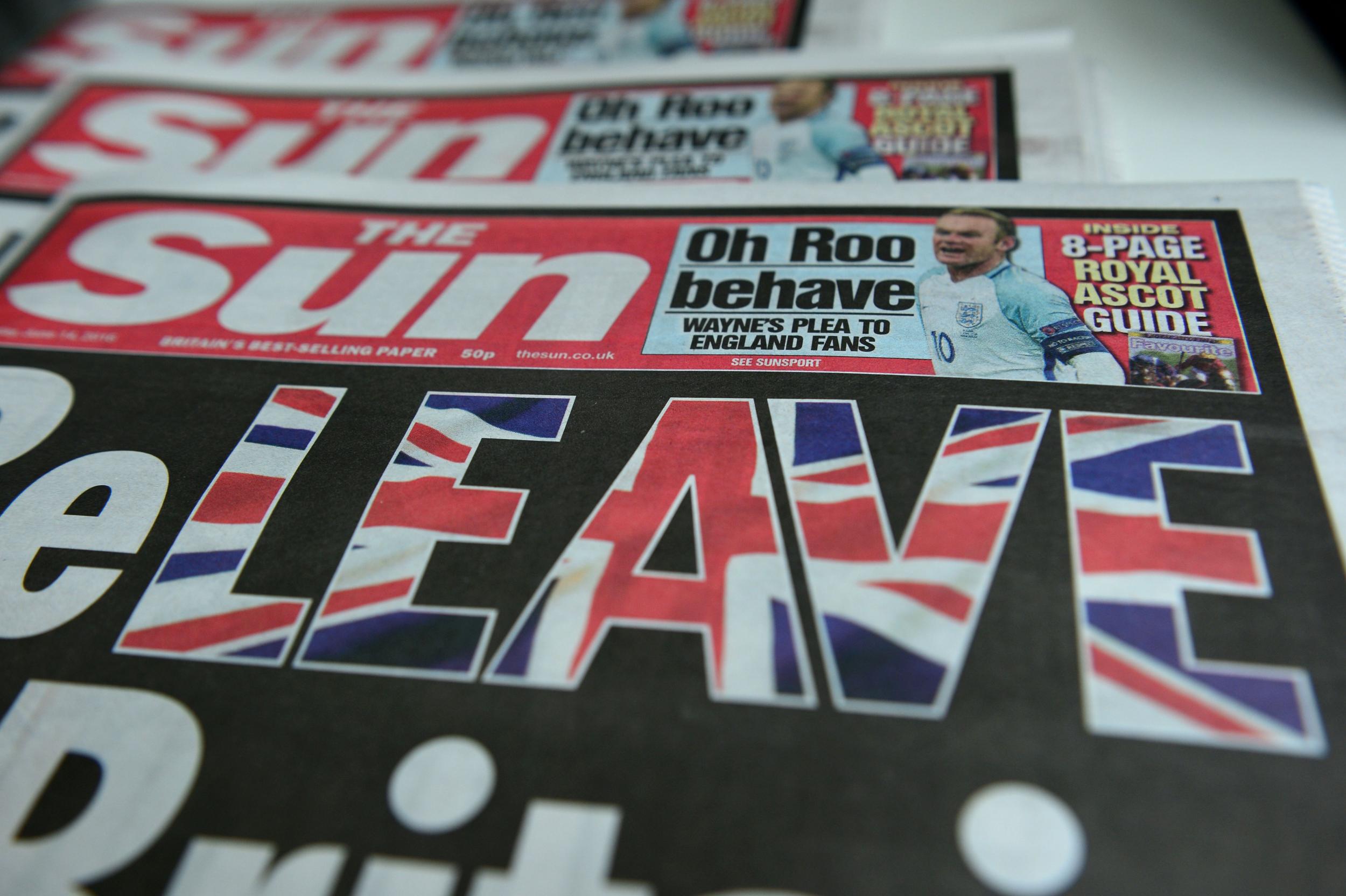Could I have done more to prevent Brexit?
I helped the European Commission complain about inaccurate press coverage a decade ago, but could not halt the flow of negative tabloid stories


We all have moments when we wonder what might have been. What if we’d accepted a different job offer; what if a young relationship hadn’t ended prematurely; what if we’d said “yes” instead of “no” (or vice versa)?
It is often remarked that the argument over the UK’s membership of the EU had been lost long before the referendum in 2016, suspicion of the union having been carefully fomented in the crucible of the tabloid press over many years. Brexit was long in the making.
And I sometimes wonder whether I could have done more to change things.
For the first decade of the century, in my job at the Press Complaints Commission – then the self-regulatory body for the printed press – I dealt with myriad grumbles about newspapers.
In that time I must have dealt directly with thousands of cases, advising commission members whether the industry’s code of practice had been breached, and arranging corrections when appropriate.
I was also, for the second half of my time at the PCC, in charge of its outreach work – training journalists on the practical application of the rules we oversaw; and advising would-be complainants on the best way of framing complaints. The aim in all things was to make journalism better, and while the system was evidently not perfect, we achieved a good deal of positive outcomes.
Suicide reporting, for instance, improved notably when we made it a particular focus of our work, as did (for the most part) coverage of mental health issues. And while it might seem absurd to say it in light of the discoveries made by the Leveson Inquiry, in certain areas privacy protections were strengthened. We introduced new mechanisms to help individuals who found themselves at the centre of a media storm too.
We sought to work closely with charities and other organisations which represented interests and groups who were regular targets of press attention: suicide prevention groups, NHS trusts, police family liaison officers and the like.
Another organisation I went to see was the European Commission – or more exactly its representation in the UK, which was based (and still is in fact) in Smith Square near Westminster.
By this time – probably around 2006 or 2007 – the European Commission was already subject to oodles of negative press, especially in the mid-market Daily Mail and Daily Express, and in The Sun. The question from those representing its interests was what to do about it?
At one level the answer was easy: make complaints, force newspapers to explain how they had arrived at the conclusions they had, and seek corrections when inaccuracies had been published. And to an extent that approach paid off. If a newspaper published an obviously erroneous item, it could be obliged to publish a correction. And where the facts were not clear cut, a paper might often agree to publish a letter from the European Commission’s representative which clarified the position.
But of course the EU body’s overarching frustration was not with rank inaccuracies, which were actually fairly rare, but with the sense that the UK press (or at least the larger portion of it) was only interested in negative stories about the organisation. A regulation which appeared to disadvantage Britain would be headline news; a measure that secured British rights would be all but ignored.
It was impossible not to be sympathetic with the argument. Yet it was the same argument made by a hundred other organisations or pressure groups – by only showing an interest in bad news, newspapers ended up creating negative, and therefore misleading, impressions of all sorts of things.
Yet the equally compelling counter-argument was that news by its nature tends to lie in variance from the norm. If the “normal” state of affairs was positive or neutral (as generally it is), then it stood to reason that editors would focus on the negative.

In any event, freedom of the press requires that editors determine what stories warrant attention. To give a regulator (self- or otherwise) the power to overrule editorial calls would plainly be invidious.
Ultimately, then, perhaps we did no more and no less than was possible – and indeed, when it came to preserving press freedom, no more and no less than was right, notwithstanding that the outcome was continued negative coverage of the European Commission by the right-leaning media (and perhaps, by extension, the vote in favour of Brexit three years ago).
The intersection between media freedom, British democracy and the institutions of the European Union has always been complex. We are where we are this week as a consequence.
Join our commenting forum
Join thought-provoking conversations, follow other Independent readers and see their replies
Comments
Bookmark popover
Removed from bookmarks